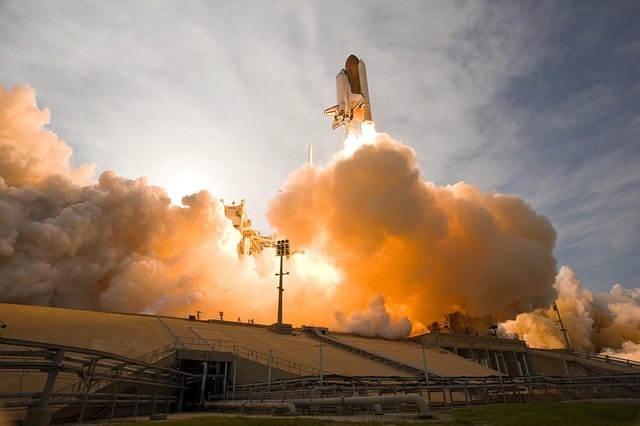
Astrobiology studies the beginning, development and distribution of life throughout the universe.
Astrobiology is a discipline dedicated to studying the beginning, development and distribution of life throughout the universe , both on Earth and outside our planet. Appealing to knowledge of different sciences and the use of technology, it aims to know the origin of life , search for life on other planets and predict the future of life on the Earth's surface and beyond.
Regarding the origin of the term, we can say that it derives from Greek and is made up of the following three parts: astron , bios and logos , which in this context are translated as "star, life and science." Other names by which this discipline is known are exobiology, bioastronomy, and xenobiology .
Space exploration
Astrobiology experts focus on space exploration and the search for planets that present habitable conditions , among other issues. Biology , chemistry and physics provide theoretical support for this branch of knowledge.
It is important to mention that astrobiology works with scientific data and with hypotheses that are in line with currently supported theories. This means that it does not resort to science fiction or fantasy , even though it often investigates supposed realities and facts.
The coordinated effort of specialists from different areas allows astrobiology to generate information that contributes to understanding the conditions and processes that made the appearance of life possible. To advance his work, he often examines Earth 's extreme ecosystems and then generates simulations or projections.
The microorganisms that live in hot springs and at the poles , resisting very high or very low temperatures, are studied by astrobiology. This is because, possibly, these conditions can be reproduced on other planets , which would increase the chances of there being life far from Earth .
Missions canceled
To explore outer space and develop its theories, astrobiology relies on different missions, each with its well-identified name and one or more objectives defined before its launch. For example, we can mention Space Interferometry , which due to its name in English is also identified with the acronym SIM . It consists of a telescope developed by the aerospace conglomerate known as Northrop Grumman Corporation and NASA to search for planets that compare to ours through optical interferometry .
This set of techniques relies on the combination of light that comes from several receivers, radio antennas or telescopes to capture an image with a higher resolution than each one can provide separately using superposition. The approval of this space mission took place in 1998 and its launch was scheduled for 2005. However, it was interrupted five times due to budget-related problems. In 2008 it was postponed indefinitely.

Many space missions are canceled due to budgetary issues.
Another of the most important missions in astrobiology is the so-called Terrestrial Planet Finder , a project promoted by NASA to create a group of telescopes that could find planets beyond the Solar System. Initially, it was believed that it would take place between 2015 and 2020, but its fate was similar to that of the previous project , since it was canceled due to lack of budget.
The original plan was to inaugurate two observatories that would work in a complementary way in the detection and study of planets outside our system , observing all their characteristics. This mission of astrobiology also sought to understand their formation, their development and the measurement of their different properties, including size and temperature.
